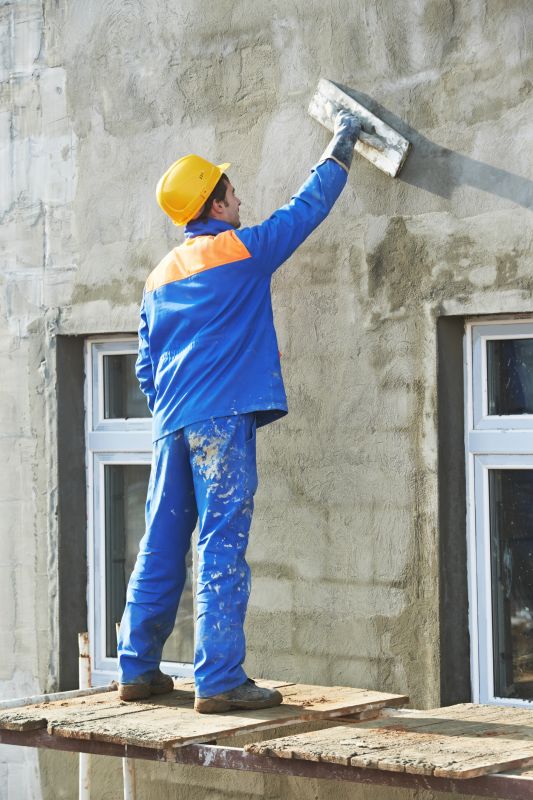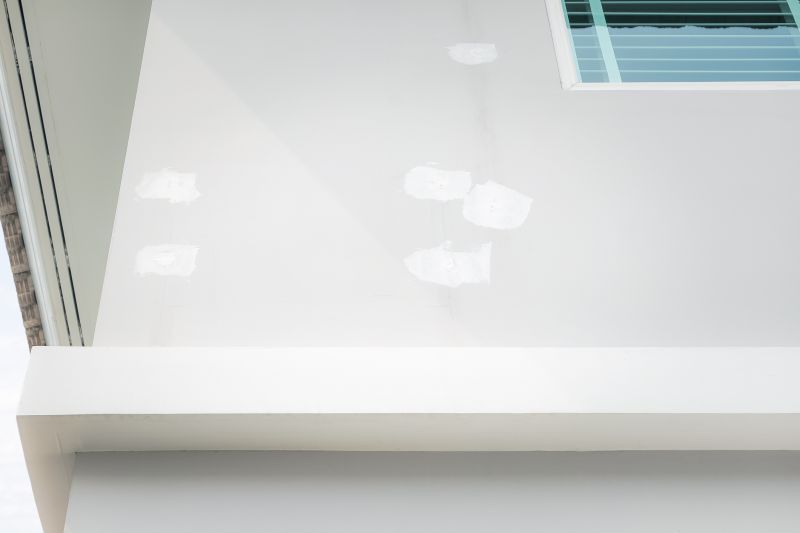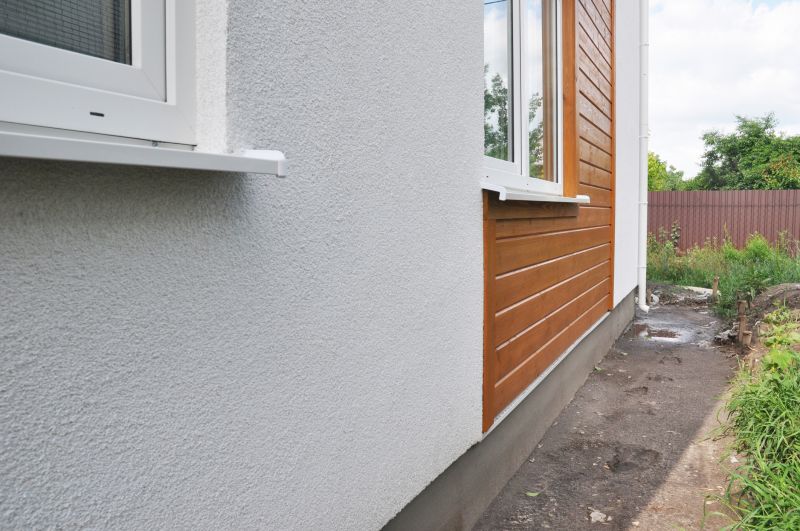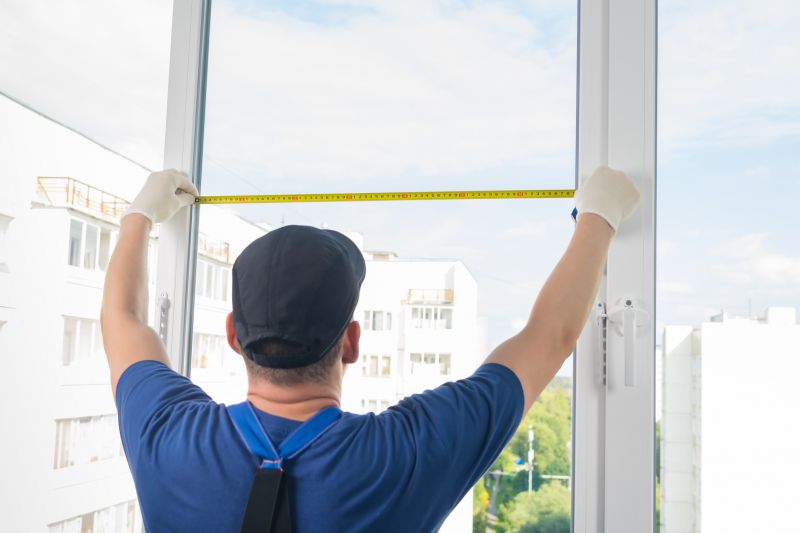Optimal Timing for Exterior Wall Plastering

Ways to make Exterior Wall Plasterings work in tight or awkward layouts.

Popular materials for Exterior Wall Plasterings and why they hold up over time.

Simple add-ons that improve Exterior Wall Plasterings without blowing the budget.

High-end options that actually feel worth it for Exterior Wall Plasterings.

Finishes and colors that play nicely with Exterior Wall Plasterings.

Little measurements that prevent headaches on Exterior Wall Plasterings day.
Exterior wall plasterings are essential for protecting and enhancing the appearance of building exteriors. Proper application ensures durability, weather resistance, and aesthetic appeal. The right timing for plastering can significantly influence the longevity and quality of the finish.
Optimal conditions for exterior wall plastering involve moderate temperatures, low humidity, and dry weather. These factors facilitate proper curing and adhesion. Typically, the best seasons are late spring and early autumn when weather conditions are stable and predictable.
The optimal temperature for exterior plastering is generally between 10°C and 30°C. Temperatures outside this range can cause improper setting or cracking.
High humidity levels can delay drying times and weaken the plaster's bond. Dry conditions are preferred for consistent results.
Rain, snow, or strong winds can adversely affect plaster application and curing. It's best to schedule plastering during dry weather.
A stable weather window of at least 3-5 days without rain or extreme temperature fluctuations is recommended for complete curing.
| Season/Period | Suitable Conditions |
|---|---|
| Late Spring | Moderate temperatures, low humidity, dry weather |
| Early Autumn | Stable weather, mild temperatures |
| Summer Mornings/Evenings | Avoid peak heat, apply during cooler parts of the day |
| Spring/Fall in Cold Climates | Avoid freezing temperatures, ensure no frost |
